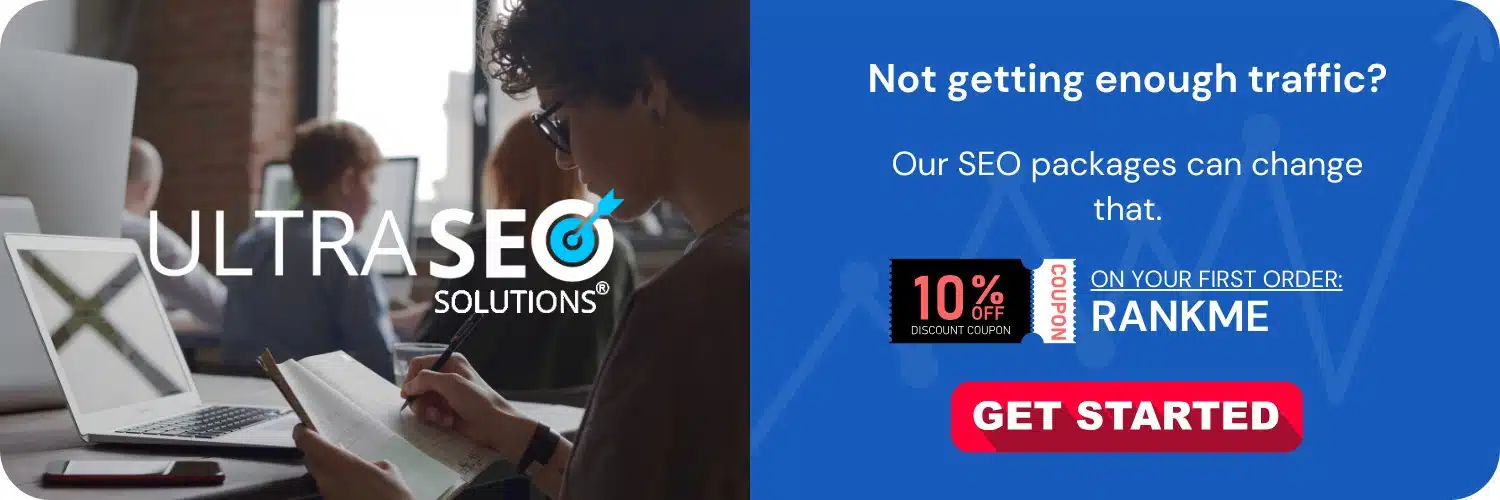
Learning SEO is an ongoing process, but to grasp the basics and start implementing effective strategies, you can expect to spend a few months actively studying and practicing. On a very basic level, you might get comfortable with the concepts within a few weeks. However, to truly become proficient and continue to keep up with the ever-changing landscape of search engine optimization, you’ll likely find yourself continually learning throughout your career.
Understanding the Basics of SEO
Before diving deep into the intricacies of SEO, it’s essential to understand the basics. Core concepts such as keyword research, on-page optimization, link building, and understanding search engine algorithms are the foundation of good SEO practices.
Keyword Research
The cornerstone of SEO is keyword research. It’s about understanding the language your potential customers are using to find products or services like yours. Using tools such as Google’s Keyword Planner or more advanced platforms like Ahrefs and SEMrush, you can begin to understand what terms are being searched and the volume of those searches.
Learning to properly conduct keyword research takes time. You must not only become familiar with the tools but also with how to interpret the data they provide. This could realistically take a few weeks to a month to get comfortable with.
On-Page Optimization
Once you’ve identified your keywords, you need to learn how to use them on your website. This includes optimizing your titles, headings, meta descriptions, and the content itself. On-page optimization also involves ensuring your website’s user experience (UX) is tip-top and that it’s fast and mobile-friendly. This could also take a few weeks to a few months to master, depending on the complexity of your site and the scope of your content.
Link Building
Backlinks are a critical part of SEO; they’re essentially votes of confidence from other sites. Learning how to build a strong backlink profile involves creating valuable content, reaching out to other website writers and editors, and maybe some networking with other SEO professionals. This aspect of SEO is challenging because it requires both good research skills and great people skills. This too can take several months to get good at, as you’ll not only be learning how to build links but also how to find opportunities for them.
Search Engine Algorithms
Search engines like Google use complex algorithms to deliver the most relevant results to users. Understanding how these algorithms work is a vital part of SEO, because it affects all other aspects. Since Google updates its algorithms frequently, staying current is a constant effort. You can begin to get a handle on this in a few weeks, but expect to continue learning as long as you practice SEO.
Advanced SEO Concepts
Beyond the basics, you’ll need to stay abreast of advanced concepts and continually changing algorithms that can significantly impact your strategies.
Technical SEO
Technical SEO is all about the aspects of your site that are important to search engines but that might not be as visible to users. This includes structured data (schema), site speed optimization, XML sitemaps, and more. Technical SEO can be particularly tricky to master and may take the longest to learn, potentially several months to a year, especially if you’re not already tech-savvy.
Content Marketing and SEO
Content is king in the world of SEO. However, not just any content will do; it needs to be high-quality, original, and engaging. Understanding the complex relationship between content marketing and SEO is something that develops over time, as you begin to see what resonates with your audience and search engines. This is an ongoing learning process, as the type of content that performs well can change with user trends and search algorithm updates.
Local and Mobile SEO
With the rise of mobile browsing and localized search, understanding how to optimize for mobile devices and local searches has become essential. Learning local and mobile SEO involves not only the usual keyword and content strategy but also a deep dive into local business listings, mobile usability standards, and geo-targeting. Expect to spend a few months getting to grips with these concepts.
Analytics and Adaptation
A significant part of learning SEO involves understanding analytics. Google Analytics is a good starting point, offering insights into website traffic, user behavior, conversion data, and more. Learning how to interpret this data and adapt your strategy accordingly is key to successful SEO. This is another continuous learning curve as you iterate on what works best for your site.
SEO Apprenticeship and Practical Experience
While theoretical knowledge is essential, SEO is also very much a discipline of practical skills. Taking online courses, reading books, and keeping up with industry blogs can provide you with knowledge, but implementing what you’ve learned on actual websites is where the real learning happens. Working on a personal website or seeking out internships or apprenticeship opportunities can greatly speed up the learning process.
Community Involvement
Participating in SEO forums, attending conferences, joining webinars, and networking with other SEO professionals can also help you learn more quickly. The SEO community is very open and most practitioners are happy to share tips and advice.
Finishing Thoughts
So, how long does it take to learn SEO? The basic principles can be picked up within a few weeks, but becoming competent and comfortable can take several months of hands-on learning and real-world practice. To become genuinely proficient, however, we’re talking about an ongoing process that could take years and requires keeping up-to-date with constant changes in search engine practices and algorithms.
The path to learning SEO isn’t linear, and the landscape is always changing. But if you dedicate time to learning, practicing, and staying informed, you’ll find that SEO can become less of a mystery and more of an invaluable skillset for navigating the online world.“`html
Frequently Asked Questions
How long does it typically take to learn the basics of SEO?
Generally, a solid understanding of SEO basics can be achieved within 1-3 months if you dedicate a few hours each week
to learning. This includes an understanding of core concepts like keywords, meta tags, backlinks, and how search engines
work. However, mastering SEO requires ongoing practice and staying up to date with frequent algorithm changes.
Can someone become an SEO expert quickly?
Becoming an SEO expert requires a deeper understanding and significant experience, which typically can’t be achieved quickly.
It might take several months to years to become proficient, depending on the level of expertise you wish to achieve and how
much time you can invest. SEO is a field that evolves constantly, making continuous learning essential.
What is the best way to start learning SEO?
The best way to start learning SEO is to immerse yourself in the subject through various resources including blogs,
online courses, webinars, and forums. Practicing SEO techniques on a website and monitoring the outcomes is also a critical
part of the learning process. Many experts suggest starting with free resources from reputable SEO software companies or following
industry experts and their content.
Do you need a technical background to learn SEO?
No, a technical background is not necessary to get started with SEO. While certain technical aspects such as website
performance and HTML structure are involved, most necessary skills can be learned with time and practice. Having an analytical
mindset and being willing to experiment and adapt are more crucial to success in SEO.
How important is practical experience in learning SEO?
Practical experience is incredibly important in learning SEO. Theories and principles provide a foundation, but the true
learning comes from applying those principles, analyzing the results, and adjusting strategies accordingly. Getting experience
with actual websites, tracking their progress, and understanding algorithm changes are all vital steps in becoming proficient in SEO.
Is certification necessary to prove proficiency in SEO?
While certification is not necessary to prove proficiency in SEO, it can be helpful in demonstrating your knowledge to
potential employers or clients. Several reputable organizations and platforms offer SEO certifications. Earning these can enhance
your resume and reassure others of your expertise and commitment to the field.
How often should SEO knowledge be updated?
SEO knowledge should be updated regularly due to frequent changes in search engine algorithms and best practices. Staying
informed involves following industry news, engaging in professional communities, and testing to see how new updates affect search rankings.
It’s recommended to review SEO trends and updates at least monthly, if not more often.
“`






